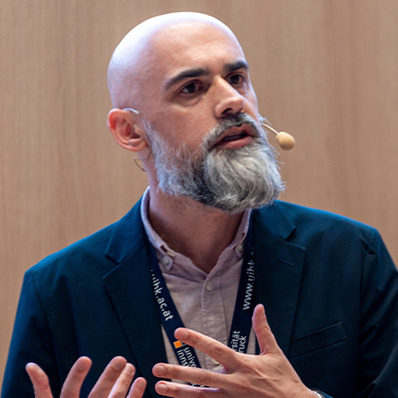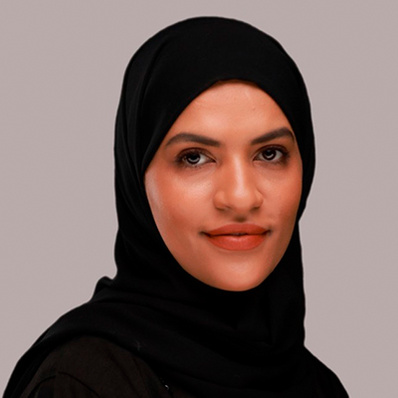Research Snapshot: How SDGs reshape HE aid

The impact of the SDGs on donors’ choices: Analysis of trends and types of aid to higher education at the SDG implementation halfway point
Published date: 11 February 2025
This study was supported by the Education Above All Foundation from Qatar as part of a larger project that supports academic research about education in developing and conflict-affected countries. In addition to this report, the authors have also worked on other research projects that examine various aspects and complexities related to foreign aid to higher education in the developing world, as well as in individual countries. Within all these projects, there is a specific interest in analysing relevant data to understand aid trends and develop evidence for better planning of initiatives aimed at supporting and rebuilding higher education in conflict-affected and least developed countries. The Organisation for Economic Co-operation and Development has comprehensive and long-term aid flow data for different sectors, including education. It is essential to critically analyse this data to understand better where aid for education and higher education is directed and whether it is provided to countries in need. This research is relevant to higher education leaders, policy-makers, donor agencies, academics, and other researchers.
This research shows that the impact of the SDGs on higher education in developing countries has not been positive in most cases, leaving many behind. It means that we need to change course before 2030.
About the authors
Key findings from the research
- A key finding is that most developing countries in our sample have been overlooked by the focus of the SDGs, which has primarily been on providing international scholarships to citizens of countries in need. This has led to a growth in scholarship aid but a decline in the provision of aid to local higher education in countries that require assistance.
- Secondly, many developing countries have been left behind because donors strategically prioritised a select few aid recipients, largely neglecting others identified by the SDGs as needing assistance.
- These findings are relevant for international higher education professionals. The provision of scholarships to citizens of developing countries to study at universities in developed countries is a key aspect of internationalisation. But if we don’t ask critical questions about this, we may be contributing to the maintenance of a very unequal status quo. Donors’ focus on scholarships and neglect of support for strengthening higher education systems and institutions in least developed and conflict-affected countries will have a lasting negative impact on access to higher education, quality of education, and research in these countries. We have a responsibility to question this and work together to bring about positive change.



